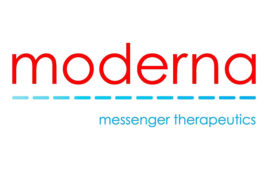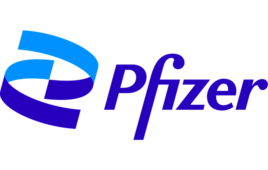
Image from Pixabay
More than two-thirds of Congress received campaign funding from pharmaceutical companies in the 2020 election, according to STAT.
Industry-friendly senators such as Thom Tillis (R-N.C.) and Chris Coons (D-Del.) received some of the largest sums. Influential representatives such as Richard Hudson (R-N.C.), Robin Kelly (D-Ill.), Kurt Schrader (D-Ore.) and Anna Eshoo (D-Calif.) also received significant amounts.
Pfizer (NYSE:PFE), Amgen (NSDQ:AMGN) and AbbVie (NYSE:ABBV) are among the most prominent donors. Last year, Pfizer gave $3.5 million to federal candidates, parties and outside groups, while Amgen and AbbVie spent about $2 million.
Senate Finance Committee Chair Ron Wyden has recently launched an investigation into AbbVie’s drug pricing and financial practices.
The pharmaceutical and health products industry are among the most consistent donors to federal campaign contributions, according to OpenSecrets.
Although the GOP tends to offer more solid support for the pharmaceutical industry than Democrats, the industry donated more last year to Democrats. In 2020, Democrats in Congress hauled in $11.9 million from the pharma sector while Republicans collected $7.7 million.
According to OpenSecrets, the pharma industry spent $28.4 million in total contributions last year. By contrast, the industry spent $17.2 million on such donations in 2018.
Although the pharma industry’s lobbying spending has fluctuated, it has increased significantly in the past two decades.
A 2020 study in JAMA concluded that the pharma and health product industry spent $4.7 billion on campaign contributions and lobbying from 1999 to 2018. The paper concluded that such funding could stymie “government efforts to lower drug costs and other legislative and regulatory initiatives.”




Tell Us What You Think!